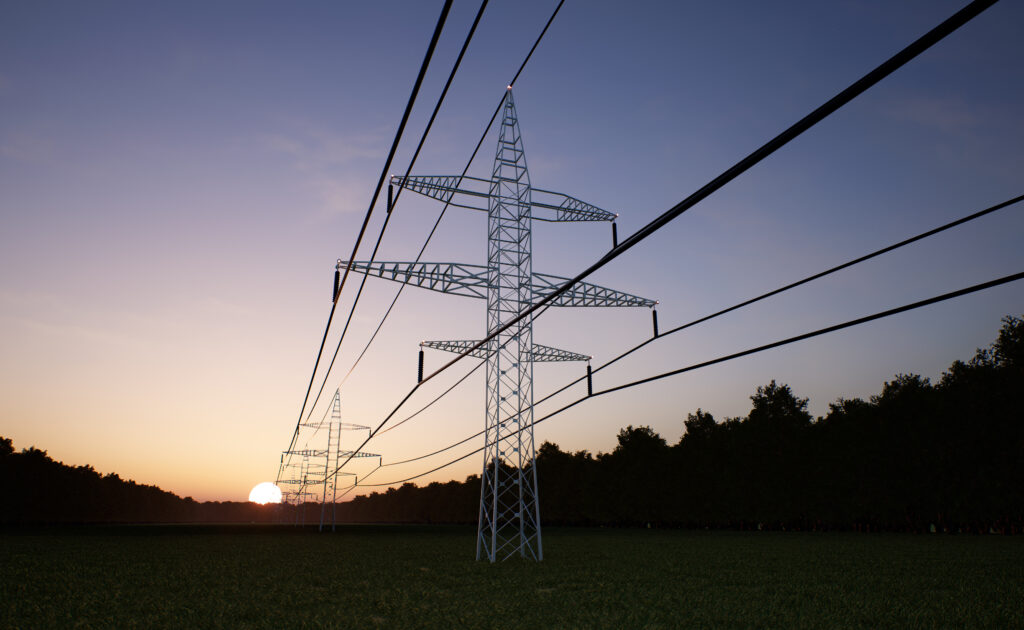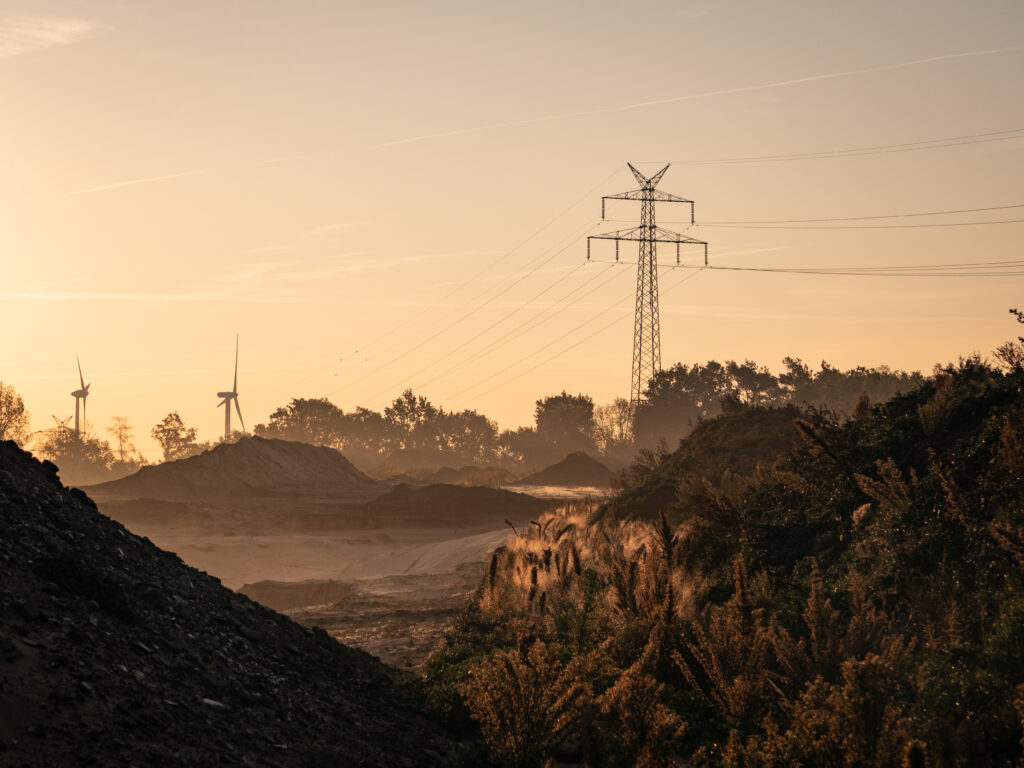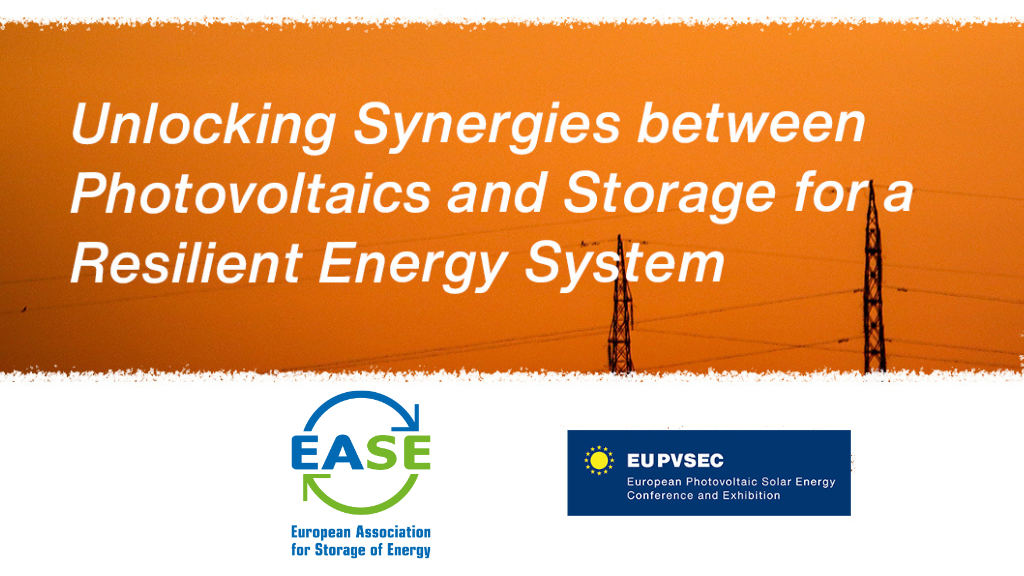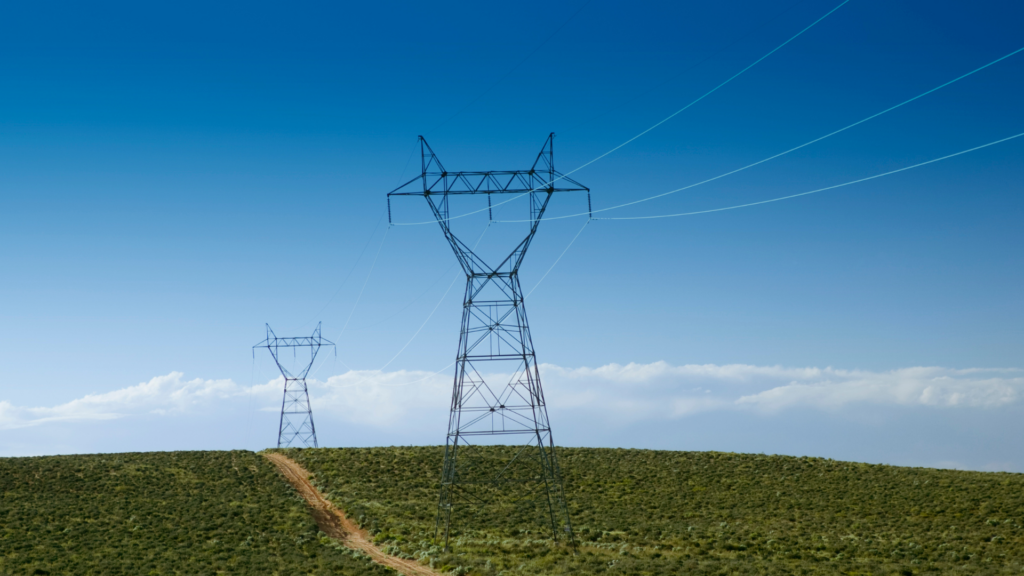February 2014 / Policy Papers - Responses to Public Consultations
Draft Guidelines on environmental and energy aid for 2014-2020
EASE has responded to the Public Consultation Paper of the Services of DG Competition containing Draft Guidelines on environmental and energy aid for 2014-2020.
Key messages
EASE, the European Association for Storage of Energy, welcomes the draft Guidelines on environmental and energy aid for 2014-2020, in particular the recognition that:
- climate and energy policy have become increasingly intertwined;
- a robust state aid control is a must if we are to achieve a well-functioning internal energy market;
- goals of increased environmental protection and a competitive, sustainable and secure energy system should be primarily attained through instruments designed in a market oriented, non-discriminating and technology-neutral manner;
- electricity storage will contribute to provide services and value to the entire energy system.
EASE also takes this opportunity to provide feedback, offer expertise and ask for a level playing field for all energy storage technologies in a constructive dialogue with the European Commission (EC).
Highlights
The definition of storage should [...] not be restricted and should include a wider concept of Energy Storage, compared to the current reference to Electricity Storage. Different technologies and concepts are included in the concept of Energy Storage and the selection is expected to be mainly based on the device location and on the different services provided by the device. Moreover, the concept and the value of energy storage technologies must be considered comprising itscapabilities in transferring energy between sectors (e.g. power to gas, hybrid electric vehicles, heat storage…).
Energy storage allows for the use of more RES by avoiding curtailment when there is too much intermittent generation (e.g. solar photovoltaic and/or wind). This service should therefore beremunerated.
EASE strongly believes that the use of energy storage must be technologically neutral: each case must adopt the most suitable technological and economic solution. Therefore the wording must be open and not technically discriminatory.
EASE [...] calls for:
- Equal consideration of energy storage as a solution for enhanced grid flexibility, stability and quality along with other technologies.
EASE [...] supports:
- a non-discriminatory consideration of and a fair treatment for energy storage alongside other measures, such as demand side management and the increase of interconnection capacity, when considering aid to generation capacity;
- that any measures to ensure generation adequacy, such as potential future capacity markets/payments, or to balance the energy system must be shaped in such a way thatevery energy storage technology is eligible to participate without discrimination, provided it is able to fulfil the technical requirements.




